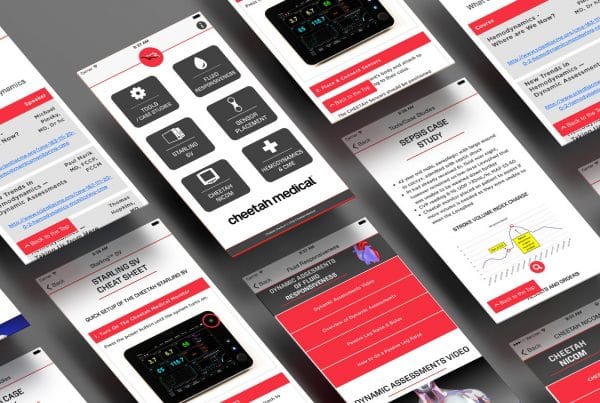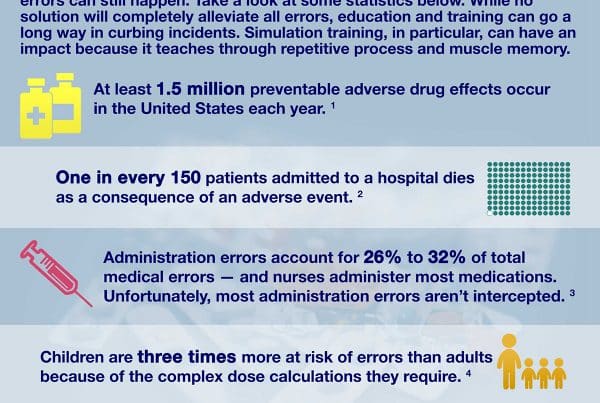Phone developers know that coming up with custom training software that fits with every kind of mobile operating device is becoming harder all the time. In companies where bring-your-own-device (BYOD) programs are highly encouraged, any smartphone or tablet will need to have access to corporate files, which means compatibility across different platforms could present a major adoption stumbling block.
Apple, Google and Microsoft are the leaders of the smartphone and tablet wars, with individual manufacturers marketing their devices on different operating systems (OS). A single Samsung or Nokia device could be running on Android or Windows systems, and for jailbroken devices even iOS is a possibility without even changing the hardware.
Getting this degree of flexibility will require mobile app development like that offered by CSE Software Inc., which can be custom-tailored to fit the devices primarily used in a company’s technology landscape. Otherwise, a business trying to implement any enterprise mobile app it can get its hands on will likely struggle with usability.
Cross platform development
The answer lies in creating mobile apps that fit all platforms. These kinds of tools are popular among business leaders who want to support collaboration across all mobile devices, furthering portability and networking without putting unnecessary demands on corporate infrastructure.
Intel software chief Renee James recently stated at a technology conference that this is the only solution companies of any size should be considering. While some companies may be concerned about security problems on mobile devices, thinking that including greater levels of inclusiveness could lead to more attacks on their mobile devices, by creating a unified software experience there won’t be a need for clunky conversion and unencrypted transfers that currently plague modern data use.
Designed to move
The biggest draw behind mobile app development training is that when more flexibility and communication accessibility is added, more users are willing to implement them. This would create additional usership on top of the already expansive landscape of consumers currently accessing mobile apps, according to the Sun Herald.
Colleges are seeing a higher demand for courses with mobile application accessories, as well as overall classes that actually train students to build their own apps. The source stated that technology companies have seen bigger staffs, higher revenue and more requests for services in the last few years, and the market is only set to expand as time goes by. Reliance on mobile devices as part of everyday life means that these programs become integral to the consumer experience.
The issue here again has become determining which systems to offer courses on and what tools to make school apps accessible with. The Sun Herald wrote that the iPhone didn’t exist when a lot of developers were still learning about building for other devices, so keeping up with modern trends has been difficult because it requires learning a whole new programming language.
“You have to continually capture the attention or release a new version,” James Renee said in his statement. He explained that app relevancy can wax and wane if not enough planning is put in up front to ensure it can be changed in a way that keeps it timely.
Companies that want to keep up with mobile learning need to be aware that these discrepancies in access exist so they can plan their apps accordingly. CSE Software Inc. can help review current technology within a company, come up with flexible and cross-platform solutions and then assist in developing a plan for future implementation to keep these solutions as timely and useful as possible.
Contact Stacey Burris at sburris@csesoftware.com or 1.309.670.7595 and ask for a mobile app development demo today!



